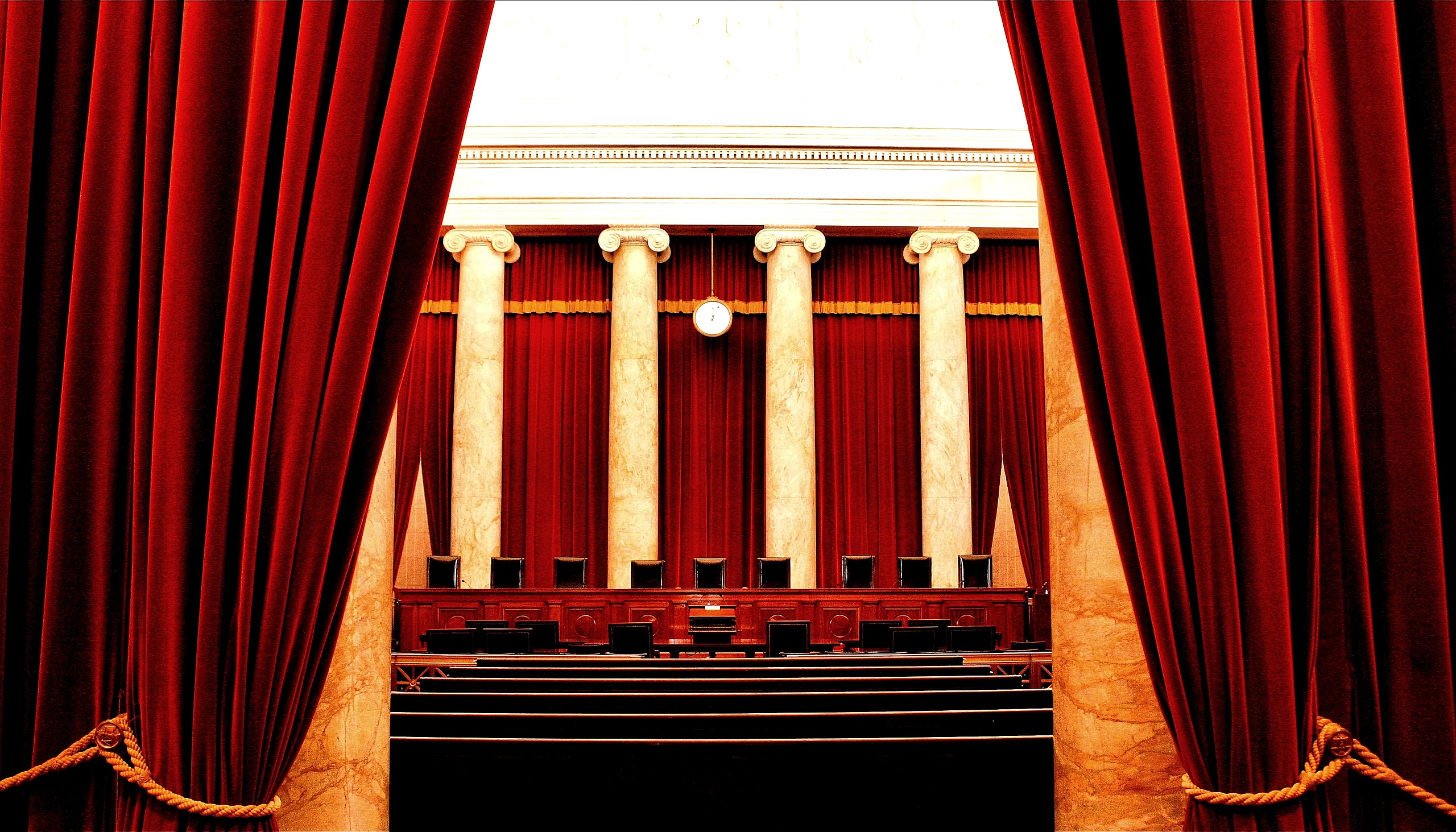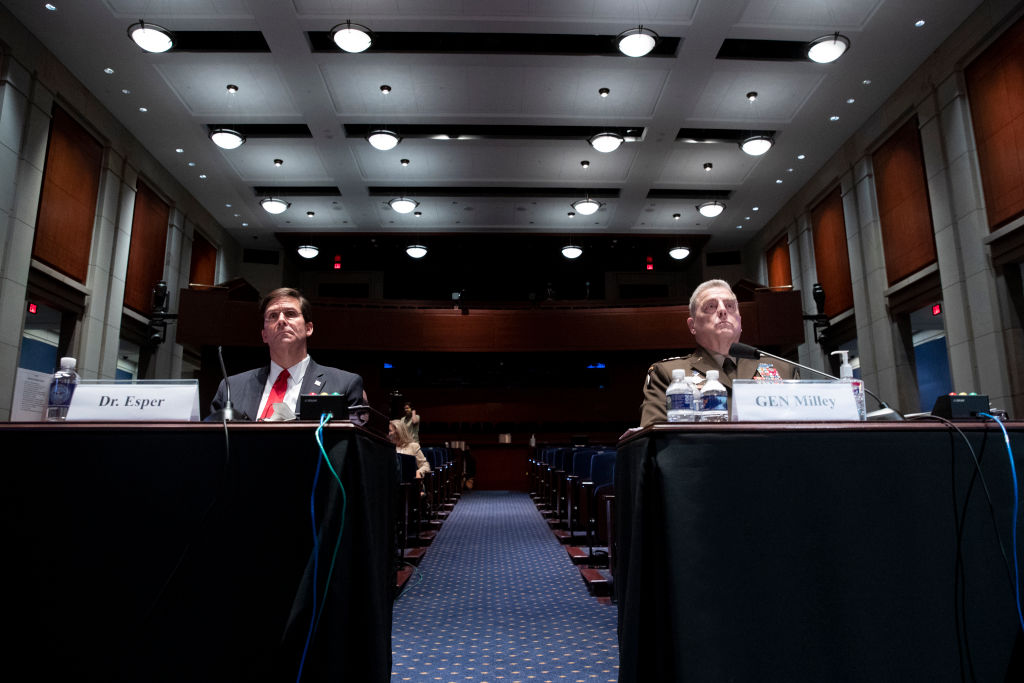What’s Up With the Supreme Court?

I am no longer a practicing attorney. Frankly, I hated being a lawyer. There were these things called clients and inevitably they were annoying people with easy to solve problems who hated other people so much they refused to do the practical and right thing in favor of being a pain in the butt.
Nonetheless, I practiced law for over five years and have generally been a part of the conservative movement for some time. I do try to keep up. I see a lot of friends in complete meltdown this week over the Supreme Court. I won’t try to dissuade you that John Roberts doesn’t suck. I am not a fan.
But I also don’t think the conservative revolution is upended or ended so much as I think conservatives managed to put a bunch of politicians on the Supreme Court and those politicians are playing politics that, right now, does not give conservatives what they want. Here’s what I think happened and I admit I’m in the minority. This is not an endorsement of what happened, just an explanation.
On the gay rights case, I am fully committed to the idea that Roberts and Gorsuch attempted to launch a pre-emptive attack on the leftward drift on this issue. They’re looking at the lay of the land. Trump may very well lose in November. Biden will get Ginsburg and Breyer replacements. There could be another Scalia surprise. Better lockdown some jurisprudence. And, oh, by the way, we can see where this is headed.
Gorsuch tried to cleverly thread a needle. If you have not read the case, Gorsuch embraces “transgender status” instead of gender identity and makes transgender status about behavior, not biology. As a result, he can absolutely later make the case that boys cannot compete in girls’ sports because sports are not about status, but biology.
Gorsuch also gets to expand sexual orientation and transgender status in employment, while propping up ministerial protection for faith based groups that Ruth Bader Ginsburg would never have given. I suspect Gorsuch going down this road will allow him, and Roberts, to later lay out protections for faith-based groups that are not directly affiliated with churches. The left has already hinted at its overall sexual revolution strategy being to go after Christian private schools and enterprises not directly tied to specific churches. Gorsuch just threw up a road block.
I think Gorsuch got it wrong, but he is a politician who wants to move chess pieces on the board of a long game and that is what he did.
Then you have the DACA case. Like the census case before it, John Roberts essentially said what Trump wanted to do was fine, but Trump sucks. In both cases, Roberts is announcing his contempt for Donald Trump and depriving Trump of wins not because Roberts thinks the policy positions are wrong, but because he thinks Trump’s team lied and half-assed their way to the decisions. If, for example, Roberts had been dealing with President Ted Cruz or President Mike Pence, he’d have been on the other side.
Roberts is in the wrong. As Clarence Thomas noted in his dissent, the underlying policy was illegal so removing it should not be unconstitutional. But Roberts is a politician and he’s being political about this whole thing and, frankly, the Trump team did rush both cases and provided conflicting excuses for their policy changes.
Again, I’m not endorsing what happened, I’m just trying to explain what I think happened. Say John Roberts sucks all you want and be disappointed in Neil Gorsuch. But I think their opinions are all about them thinking Trump sucks—and Gorsuch trying to maneuver long term with secular, progressive winds building that he knows will be hard to stop, but might possibly be redirected away from faith-based groups.
The problem with the conservative legal movement is not that they picked bad jurists. It’s that they picked politicians who are playing long term political strategies without the need to ever be held accountably by voters.
The American Mind presents a range of perspectives. Views are writers’ own and do not necessarily represent those of The Claremont Institute.
The American Mind is a publication of the Claremont Institute, a non-profit 501(c)(3) organization, dedicated to restoring the principles of the American Founding to their rightful, preeminent authority in our national life. Interested in supporting our work? Gifts to the Claremont Institute are tax-deductible.
Something smells like victory.
Former Defense Secretary Mark Esper plays a common game in attacking his former boss.
The Jewish Left backed the creation of a society that loathes them.
How Republican activism evolved in 2024.
“Balanced” trade hasn’t worked out so well.






